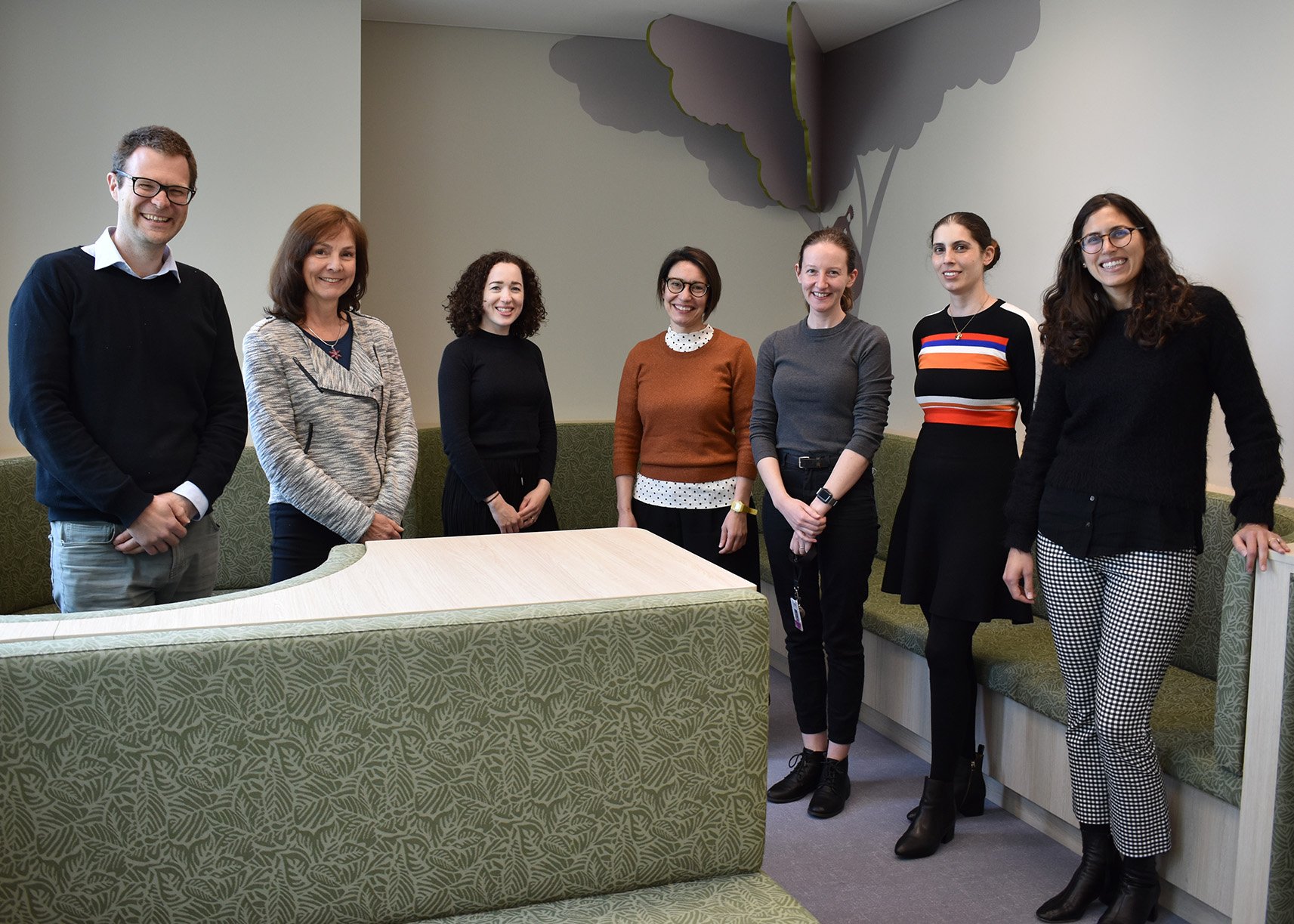Search

News & Events
Clinic news update - December 2024There is lots of news to report from the clinic including holiday shutdown dates, staff updates and service availability.
News & Events
Clinic update - December 2023There is lots of news to report from the clinic including holiday shutdown dates, appointment scheduling, staff updates, changes to creche, and service availability.

News & Events
Want to be part of shaping our research and services?CliniKids is committed to involving consumers and the community in all aspects of our research and service delivery. One way we do this is by providing the opportunity for consumers and community members to contribute through our community reference groups.

News & Events
Communication toolsFor Speech Pathology Week, we asked our speech pathologists to share their favourite resource/s and how they like to use it.

News & Events
Welcome Kandice!CliniKids is excited to welcome Dr Kandice Varcin to the team as part of a new partnership between The Kids Research Institute Australia and Griffith University.

News & Events
Joondalup clinic newsCliniKids’ new clinic in the Joondalup area is coming along nicely and is on track to open around the middle of the year.
You're now removed from all The Kids Research Institute Australia marketing email lists

News & Events
Embrace Co-Director attends ABC Big Day of BooksEmbrace Co-Director Professor Helen Milroy AM spoke at the Big Day of Books event held at the ABC Radio studio in Perth.

News & Events
Sharing knowledge and language: Interview with an Aurora studentRead our Q+A with Aurora intern Mikayla Helms.

News & Events
WATCH: Webinar on youth gamblingProfessor Jonathan Carapetis hosts the webinar alongside MP Kate Chaney and Dr Vincent Mancini
